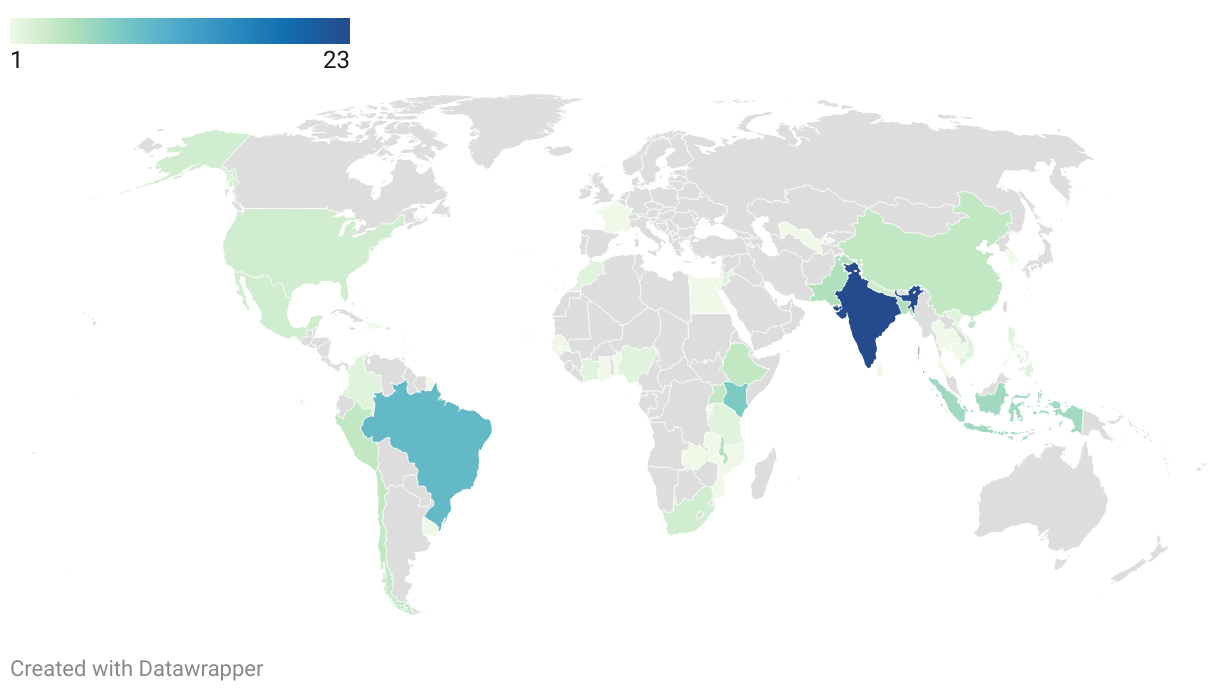This is a joint post with Erin Collinson.
Last week’s budget compromise has come under intense fire from various quarters, but there are many relatively obscure provisions that passed under the radar. While perusing the Bipartisan Budget Act of 2013, we were disappointed to find six lines under the innocuous heading “transportation cost reimbursement” that effectively reduces US food aid by tens of millions of dollars. The summary explains that this section eliminates a provision in existing law which requires the Maritime Administration (MARAD) to reimburse the Department of Agriculture (USDA) and the U.S. Agency for International Development (USAID) for “excess freight” costs associated with having to transport at least half of food aid on US-flagged ships.
As various scholars at CGD and others have pointed out on numerous occasions, the US system for delivering food assistance to vulnerable populations overseas is notoriously inefficient. Most of it must be in kind and purchased in the United States, making it slow and unresponsive in emergencies, and the cargo preference requirement makes it far more expensive. The Congressional Budget Office calculates that eliminating the cargo preference reimbursement would save a measly $75 million per year. But it could mean as many as 2 million more people in poor countries suffer from hunger and malnutrition because the food aid budget will now bear the full costs of Congress’ insistence on subsidizing mostly foreign-owned, albeit US-flagged, ships.
Overall, a budget deal that avoids a shutdown, and hopefully tempers the effects of sequestration-mandated spending cuts on foreign assistance, is better than no deal at all. But Congress could save more lives without spending a dime more by modernizing US food aid. A bipartisan amendment to the farm bill just barely failed last summer. We hope that the administration and Congress will work together in 2014 to make food aid more efficient and effective—a big potential win for the budget, and for US foreign policy.
CGD blog posts reflect the views of the authors, drawing on prior research and experience in their areas of expertise.
CGD is a nonpartisan, independent organization and does not take institutional positions.





